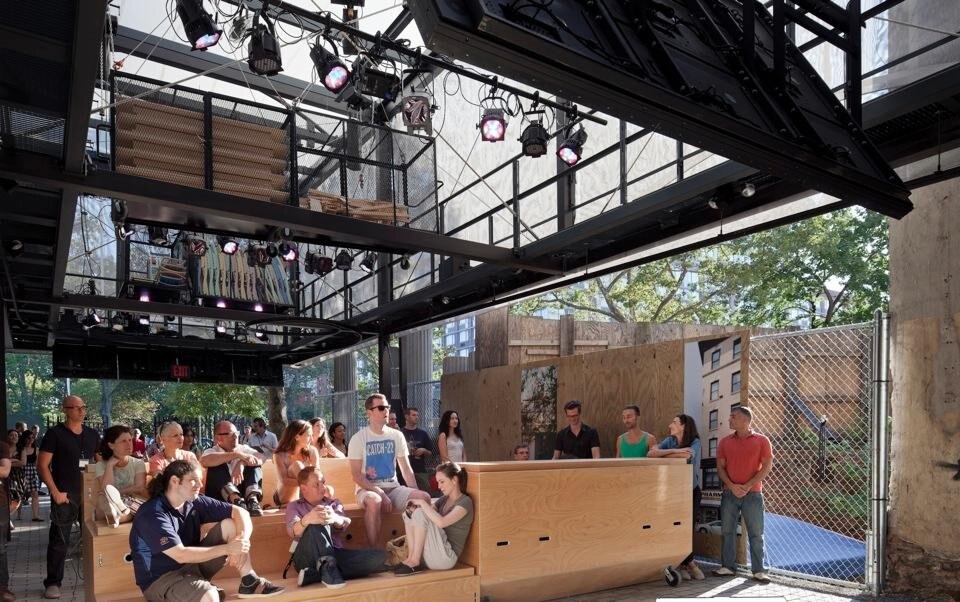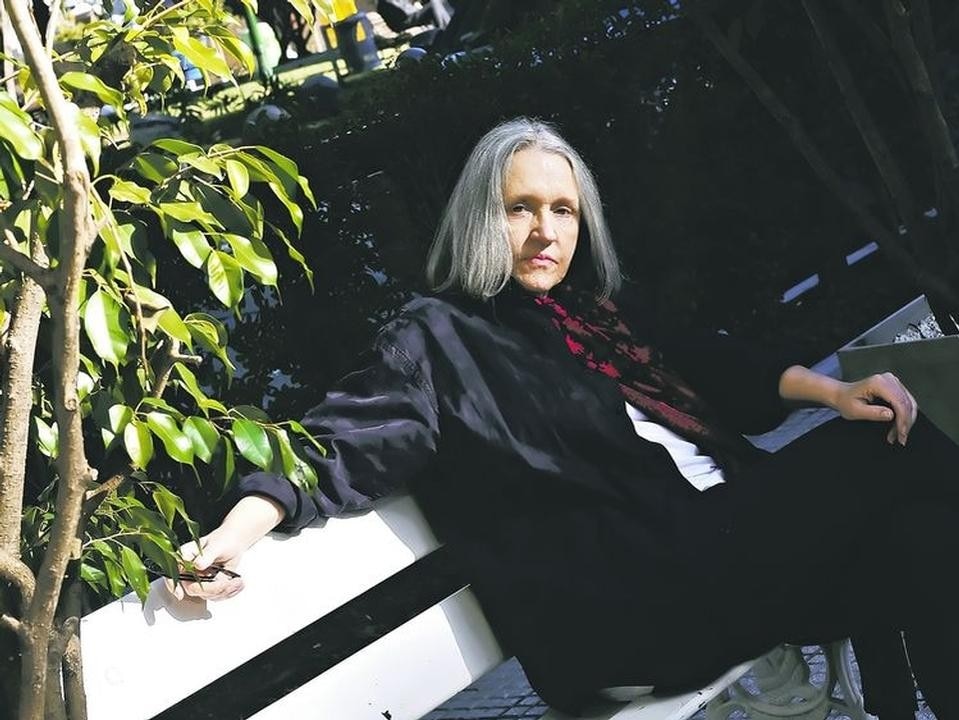Developing themes she has expounded in Domus and McKinsey's What Matters, Sassen asks "What does comfort mean in settings controlled by machines, with some machines doing everything for you...is this a new kind of comfort? Or a new kind of discomfort?"
"The first phase of intelligent cities is exciting. The city becomes a living laboratory for smart urban technologies that can handle all the major systems a city requires: water, transport, security, garbage, green buildings, and clean energy. The act of installing, experimenting, testing, or discovering—all of this can generate innovations, both practical and those that exist mainly in the minds of weekend scientists. This is thrilling....But the ensuing phase is what worries me; it is charged with negative potentials. From experimentation, discovery, and open-source urbanism, we could slide into a managed space where 'sensored' becomes 'censored.'"


Saskia Sassen is the Robert S. Lynd Professor of Sociology and co-director of the Committee on Global Thought, Columbia University. She has written for the Guardian, the New York Times, Le Monde, and Newsweek International, among others, and contributes regularly to OpenDemocracy.net and Huffington Post. Her newest books include Territory, Authority, Rights: From Medieval to Global Assemblages and A Sociology of Globalization.
In questioning notions of comfort and 'cityness' in the global city of New York, Sassen proposes that today comfort is found in the fabric of technologies, but also wonders, 'Does talking back to your machines produce comfort?'
BMW Guggenheim Lab
Houston Street at 2nd Ave, New York City
Friday, August 12, 7–9 pm

Accademia Tadini on Lake Iseo reborn with Isotec
Brianza Plastica's Isotec thermal insulation system played a key role in the restoration of Palazzo Tadini, a masterpiece of Lombard neoclassical architecture and a landmark of the art world.


